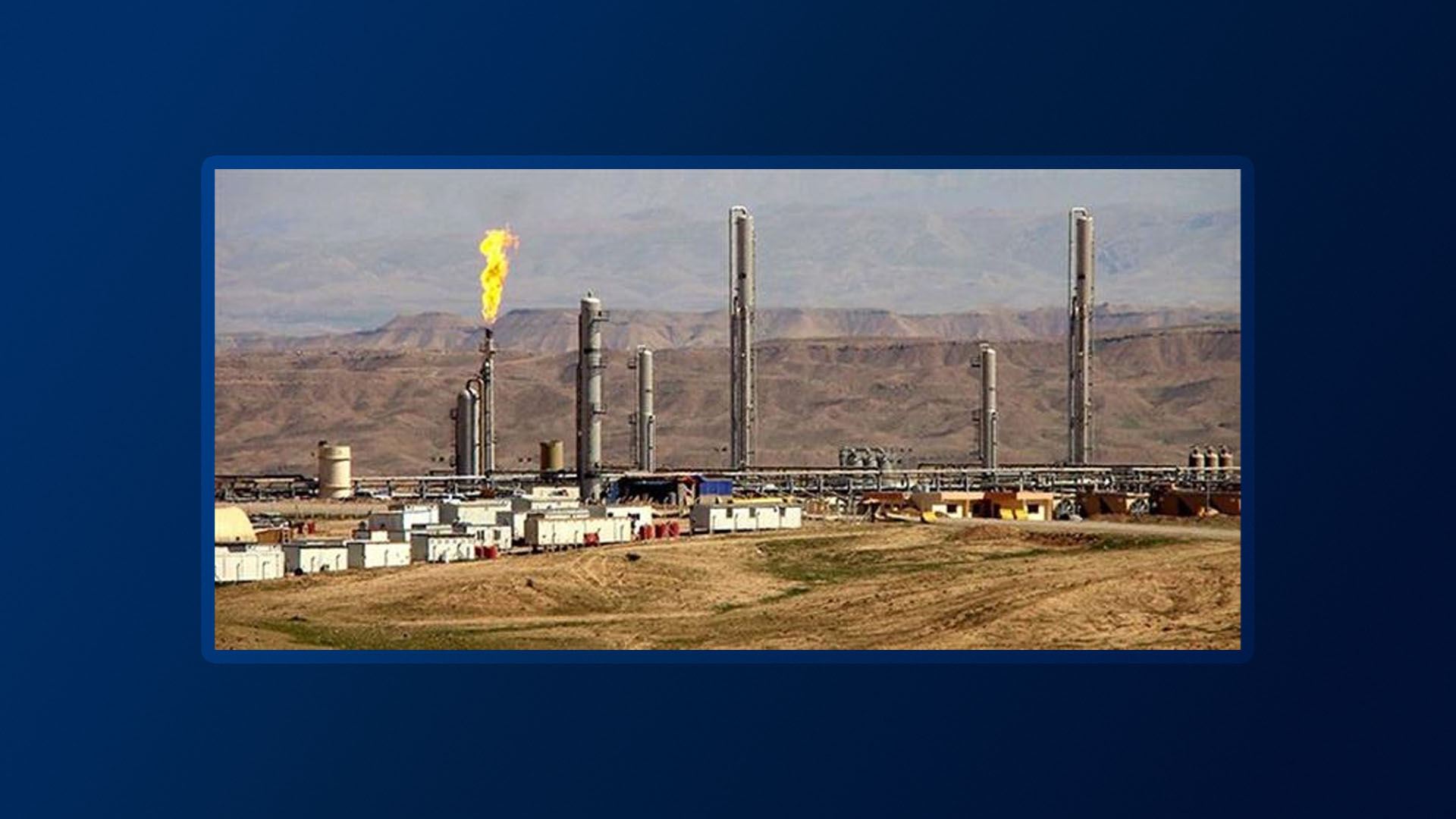Over the past 24 hours, drone attacks have struck oil installations across Erbil, Sulaymaniyah, and Dohuk provinces, marking a significant escalation in terrorist activities targeting Kurdistan Region’s energy infrastructure. The coordinated strikes have prompted strong domestic and international condemnation, with calls for immediate federal intervention to protect vital economic assets and civilian workers.
Multiple Oil Facilities Under Attack
The Kurdistan Region has witnessed an unprecedented wave of drone attacks targeting its oil infrastructure within a single 24-hour period. On Monday evening, two explosive-laden drones struck the Khurmala oil field, causing significant damage to water pipes and infrastructure, though no casualties were reported. The Kurdistan Counter-Terrorism Department confirmed that while no lives were lost, the attack resulted in substantial material damage to the facility’s operational systems.
Early Tuesday morning brought further escalation as drone attacks targeted multiple locations in Dohuk province. The Sarsang area witnessed strikes on oil installations operated by HKN company, with the attacks causing fires at one of the facility’s stations. The Ministry of Natural Resources immediately condemned these attacks as terrorist acts, emphasizing their firm stance against any assault on Kurdistan Region’s economic infrastructure.
Adding to the coordinated nature of these attacks, another drone was reported to have crashed and exploded in the Takia mountain area. Local officials confirmed that while the explosion produced a powerful sound that alarmed residents, no casualties resulted from this incident. The systematic targeting of multiple locations within such a short timeframe suggests a well-coordinated campaign against Kurdistan Region’s energy sector.
Latest Wave of Coordinated Strikes
Wednesday morning witnessed another series of coordinated drone attacks targeting oil fields in Zakho and Dohuk provinces. According to the Kurdistan Counter-Terrorism Department, between 6:00 and 6:15 AM, two explosive drones struck the DNO oil field in Peshkhabour within the Zakho Independent Administration. An hour later, at 7:00 AM, another drone targeted the DNO oil field in Tawke within the same administrative area.
The attacks continued with a fourth strike at 7:14 AM, targeting the American Hunt Oil company’s facilities in Baadre in Shekhan district of Dohuk province. Fortunately, this particular attack resulted in no casualties or material damage. However, the earlier strikes caused significant material damage to the targeted oil installations, disrupting operations and threatening the region’s energy production capacity.
The Ministry of Natural Resources issued a strong statement condemning these terrorist attacks, emphasizing the deliberate targeting of Kurdistan Region’s economic infrastructure. The ministry highlighted the serious threat these attacks pose to the safety of civilian workers in the energy sector and called for immediate intervention from relevant authorities to prevent further escalation.
Official Response and Condemnation
The Kurdistan Regional Government presidency strongly condemned the drone attacks, emphasizing that these strikes target infrastructure across various areas and pose serious threats to the country’s stability, sovereignty, and both domestic and foreign investments. The presidency called on the federal government to take all necessary and appropriate measures to prevent such attacks and to identify and prosecute the perpetrators.
The United States Embassy in Iraq issued a comprehensive statement condemning the attacks on July 14 and 15 targeting the Khurmala and Sarsang oil fields in the Kurdistan Region. The embassy called on the Iraqi government to exercise its authority to prevent militias and armed groups from conducting such attacks, emphasizing that these strikes are unacceptable and threaten Iraq’s sovereignty while creating obstacles to the country’s efforts to attract foreign investment.
The Ministry of Natural Resources issued an urgent appeal to all relevant parties within the federal government and the international community to take immediate action to protect civilian workers and energy security. The ministry emphasized its commitment to safeguarding energy sector employees and maintaining the region’s strategic position in ensuring energy stability both regionally and globally.
Security Concerns and Regional Impact
Statistical analysis reveals a disturbing trend, with approximately 15 drone attacks recorded across the Kurdistan Region in the current month alone. The attacks have been distributed across multiple provinces: three attacks using four drones in Erbil province, four attacks with five drones in Sulaymaniyah, three drone attacks in Dohuk, three attacks in Kirkuk (two by drones and one by missiles), and two attacks using three drones in Zakho.
The escalation coincides with increased activity by ISIS militants in disputed territories, raising concerns about potential coordination between different terrorist elements. The fact that the sources of these drones and missiles remain unidentified, with no group claiming responsibility, adds to the complexity of the security challenge facing the region.
These attacks represent a significant threat to Kurdistan Region’s economic stability and energy production capacity. The systematic targeting of oil infrastructure not only disrupts energy exports but also endangers the livelihoods of thousands of workers employed in the energy sector. The international community’s response, particularly from the United States, underscores the global significance of maintaining security in this strategically important region and the need for coordinated efforts to address these escalating terrorist threats.


